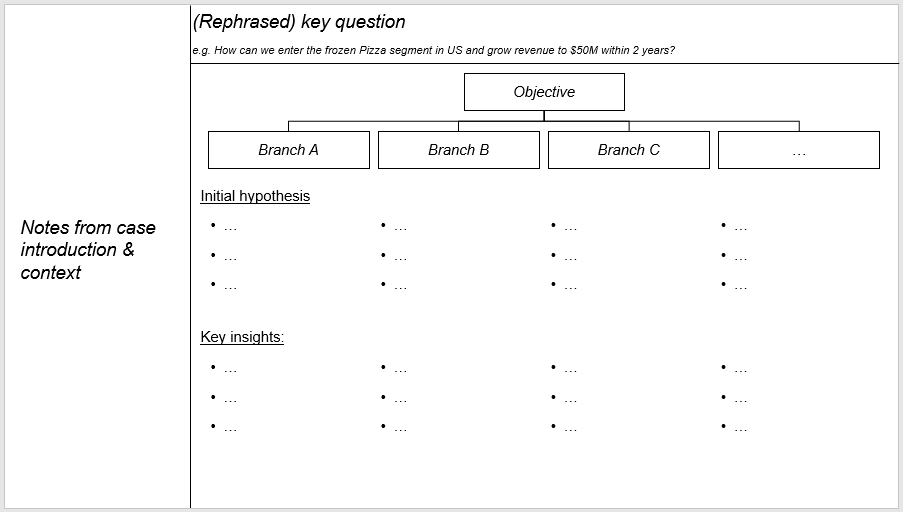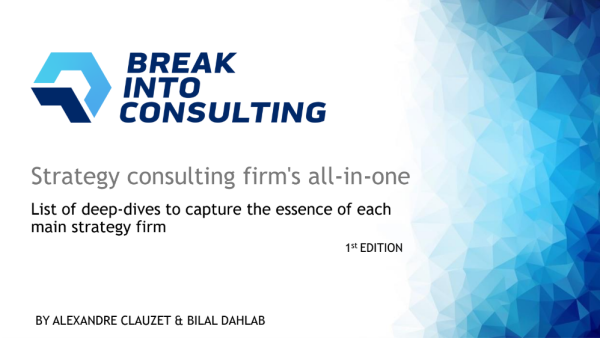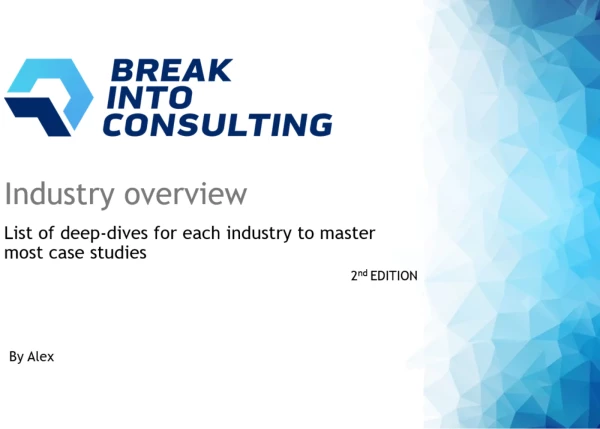Hi community!
I am struggling with notes taking during the interview. I am very slow and find it hard to write and listen at the same time.
I have tried to do what other case experts suggest, which is "trying to take as much as you could then summarize what you have and check what you have missed with the interviewer" the problems with this method are as follows:
1- I tend only to gather the first two/three facts and miss the rest, always.
2- The interviewer does not focus enough to correct me when I have a mistake while taking the notes! (Example: Today, I had an interview, I heard the interviewer says the population is 16 M, I wrote it down and check it with him, he did not note it, so he did not correct me, it turns out later that it is 60 M, not 16 M. I used 16 M in my math calculations, the good thing is that I walked him through the approach)
Do you have suggestions that could help me to take notes more effectively?
(edited)








